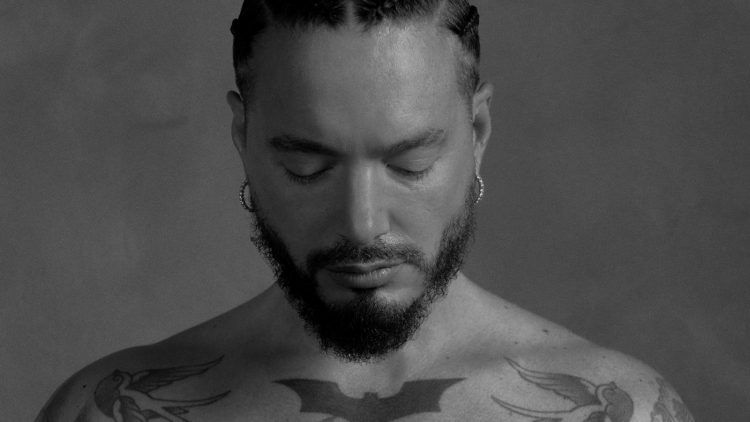J Balvin took the 2 years following the discharge of 2021’s José to retreat from the general public eye and spend extra time along with his household. And for comprehensible causes: the Jose album cycle was suffering from controversy, a cancelled tour, and an uncompromising verbal assault from hip-hop en español’s resident curmudgeon. When he determined to get again to work, he hit the membership. Decamping to London, José spent his days recording at Abbey Highway and RAK Studios and nights on the dancefloor, clubhopping and testing demos on unsuspecting crowds. The result’s a brand new album, Rayo, that leans closely into pop reggaetón and the sounds of the membership, a PG-13 perreo that’s as palatable as it’s predictable.
Balvin’s superpower has lengthy been his ear for expertise: He’s a style vacationer of the best class, always scouring world charts for brand new sounds and new voices. His track with norteño celebrity Carin Leon is his first exploration into the varied regional Mexican sounds dominating the charts. However their collaborative monitor “Stoker” is a disappointingly bland acoustic ballad that has extra in frequent with pop nation than música mexicana, and the remainder of Rayo finds him treading principally acquainted floor with radio-ready popetón jams and collaborators from Colombia, Puerto Rico, and Spain. He’s mentioned the album is rooted in nostalgic notions, harking back to a time when he would promote information out of the trunk of the VW Golf featured on the album’s cowl. The MIDI melody on the Zion collaboration “Lobo” definitely sounds lifted from one of many Puerto Rican reggaetonero’s 2000’s period hits, however a lot of Rayo feels up to date.
Lyrically, Rayo lacks depth, failing to say a lot past the backyard selection boasts of intercourse, medication, and having time. In fact, such a POV isn’t inherently boring; his collaborative album with Unhealthy Bunny (Oasis) managed to make the fun-in-the-sun vibe far more attention-grabbing. However whereas that document benefitted from a tongue-in-cheek tone, a shorter runtime, and, nicely, Unhealthy Bunny, Rayo feels bloated and extra self-serious than it has any proper to be.
There are flashes of brilliance — the pummeling beat swap close to the 2-minute mark of “Polve de tu Vida,” the hypnotic analog warble of the synths on “Doblexxó,” the propulsive power of “Gaga” and its four-on-the-floor cosmic home beat — that nod to the London membership scene he immersed himself in whereas recording Rayo. The manufacturing is usually slick and polished, which fits him. José has at all times been fairly far faraway from the uncooked, chaotic power of early reggaetón, and regardless of how laborious he tries, he’s extra convincing as a delicate romantic than a dick-swinging lothario. It’s why “3 Noches,” an ode to craving that marries the dembow riddim to a twinkling afropop melody, works so nicely, whereas the comparatively hard-edged “Swat” feels incongruous from the second Balvin’s verse startss
Rayo is a superbly serviceable reggaetón album, with no egregious misses, however no apparent hits. It’s clearly the document he needed to make, and after thousands and thousands of streams, sold-out stadium reveals, and numerous awards, he has little left to show. But on this, his seventh album, one obtrusive query does stay: Does J Balvin have something left to say?




